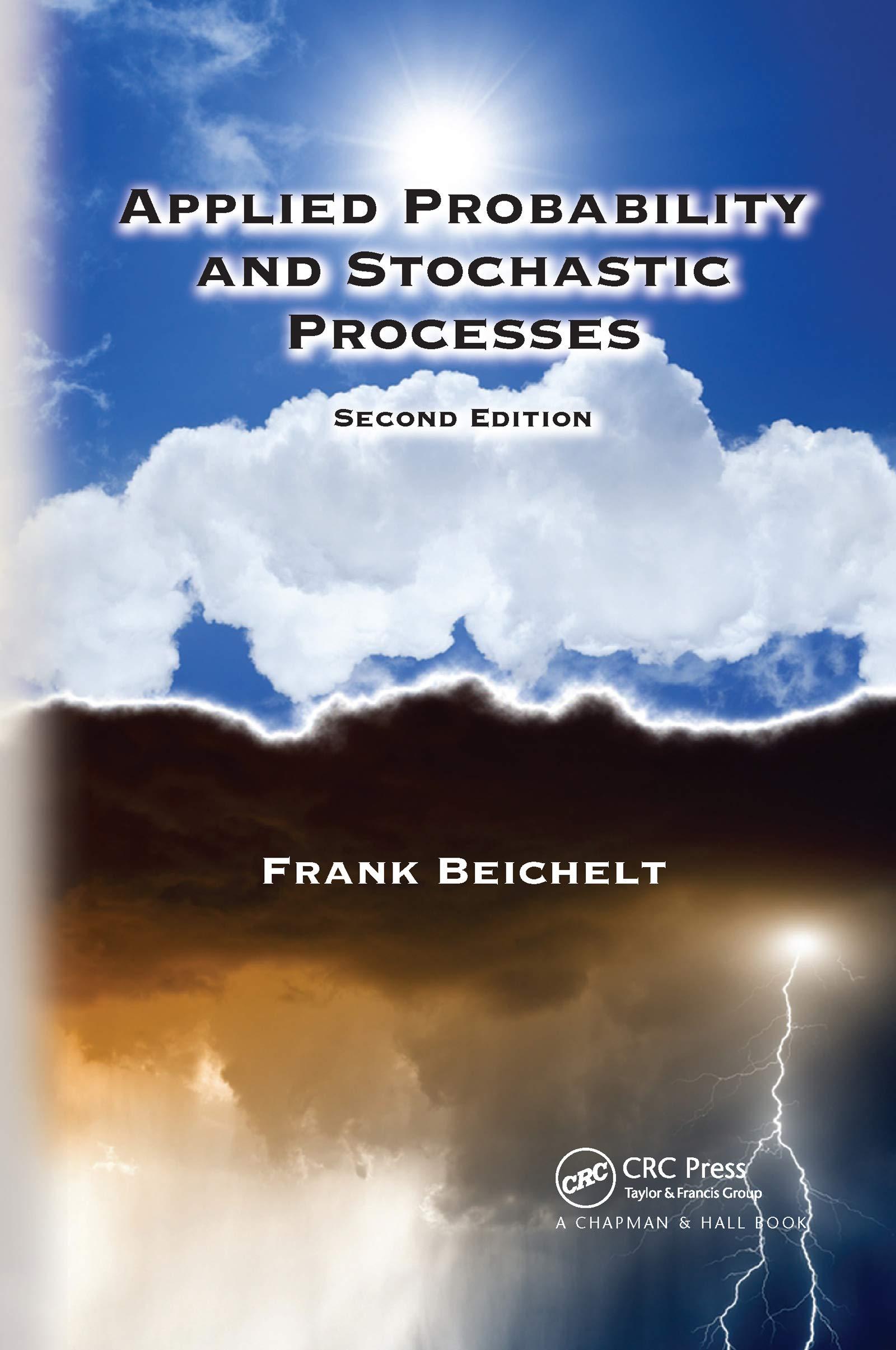A two-server loss system is subject to a homogeneous Poisson input with intensity (lambda). The situation considered
Question:
A two-server loss system is subject to a homogeneous Poisson input with intensity \(\lambda\). The situation considered in exercise 9.26 is generalized as follows: If both servers are idle, a customer goes to server 1 with probability \(p\) and to server 2 with probability \(1-p\). Otherwise, a customer goes to the idle server (if there is any). The service times of the servers 1 and 2 are independent, exponential random variables with parameters \(\mu_{1}\) and \(\mu_{2}\), respectively. Arrival and service times are independent. Describe the behaviour of the system by a suitable homogeneous Markov chain and draw the transition graph.
Data from Exercise 9.26
Consider a two-server loss system. Customers arrive according to a homogeneous Poisson process with intensity \(\lambda\). A customer is always served by server 1 when this server is idle, i.e., an arriving customer goes only then to server 2 , when server 1 is busy. The service times of both servers are iid exponential random variables with parameter \(\mu\). Let \(X(t)\) be the number of customers in the system at time \(t\).
Determine the stationary state probabilities of the stochastic process \(\{X(t), t \geq 0\}\).
Step by Step Answer:

Applied Probability And Stochastic Processes
ISBN: 9780367658496
2nd Edition
Authors: Frank Beichelt





